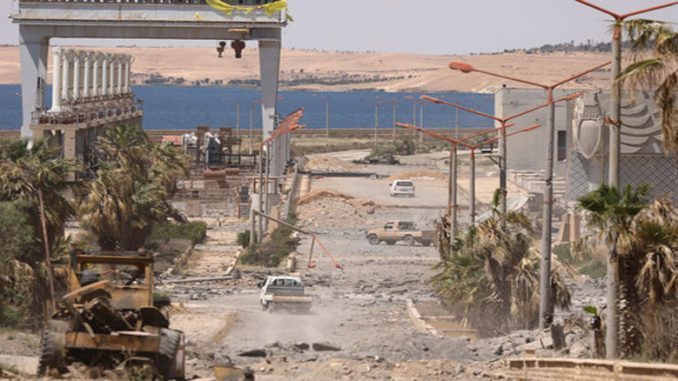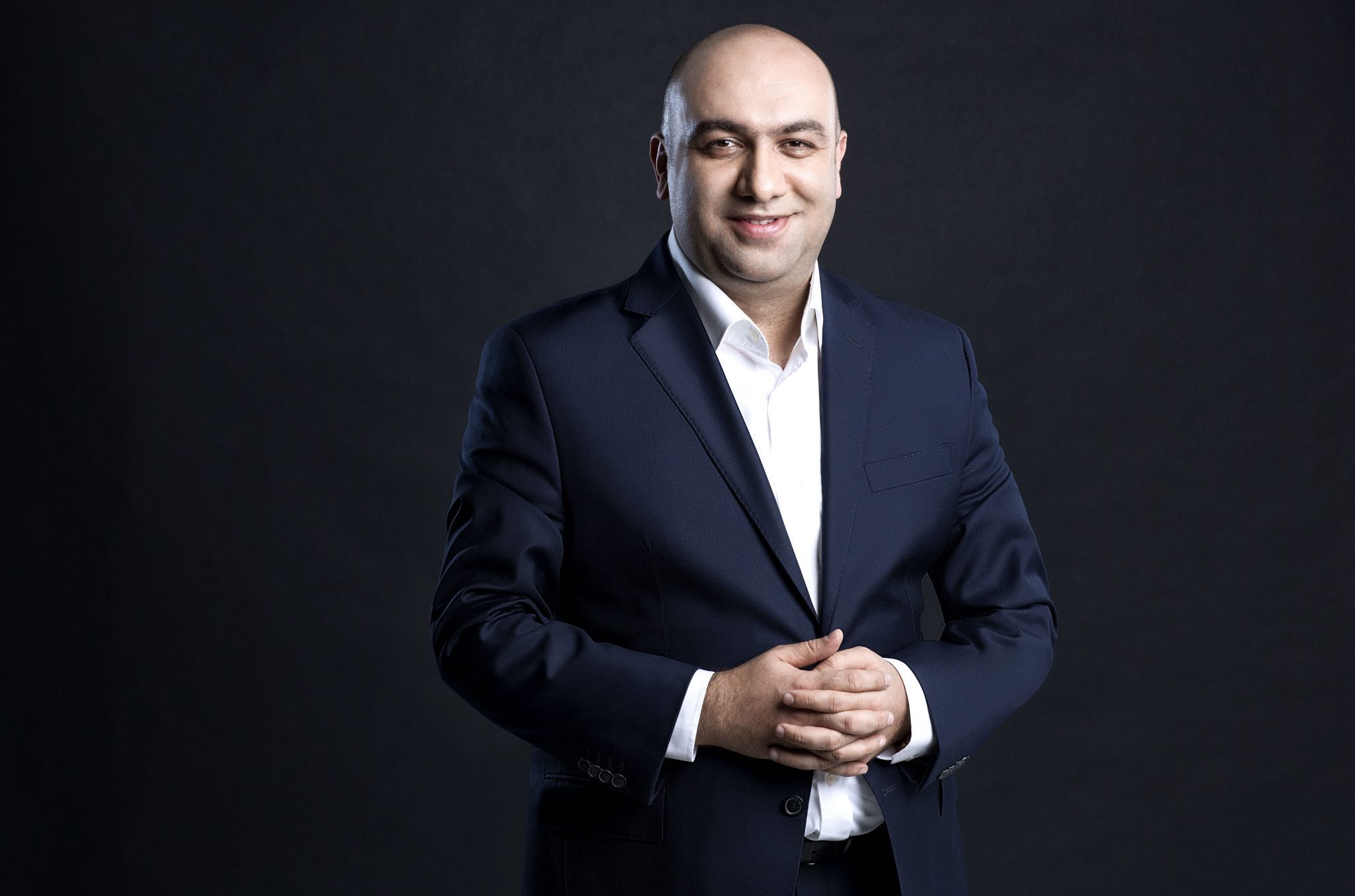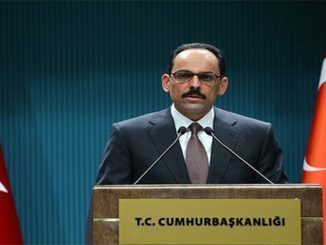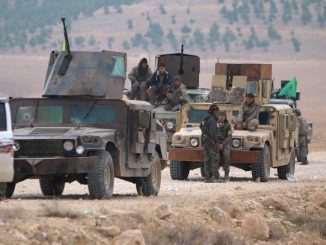
The U.S. will share details about the weapons delivered to the U.S.-backed Syrian Democratic Forces (SDF), which is predominantly led by the PKK terror organization’s Syrian branch, the YPG, in Raqqa, a senior U.S. military official said on Thursday.
U.S. Colonel Ryan Dillon, spokesman for the coalition in Baghdad, told journalists by video conference that U.S. will share the serial numbers, types and numbers of the weapons sent to the YPG forces in Syria with Turkey.
“We are transparent with Turkey about these details. However, we will not disclose the information as we don’t want Daesh to learn what weapons the SDF has,” Dillon said.
“SDF forces are obliged to comply with the U.S. armed conflict laws. All the weapons given to the SDF have to be registered with the commanders’ names as we will share all these details with our concerned ally in the north,” Dillon said.
He also said that the U.S. would not provide weaponry to the groups if the arms were used for the wrong purposes.
U.S. support for the SDF has caused tension the relationship between Washington and Ankara, as the YPG forms the backbone of SDF forces. The U.S. says that supporting the SDF is the only option for defeating the Daesh terrorist group; while Turkey says an alternative would be to work with local Arab tribes backed by countries in the region instead of supporting a terrorist group.
Turkey considers the Democratic Union Party (PYD) and its armed wing, the YPG, to be Syrian affiliates of the PKK, a proscribed terrorist organization according to the U.S., Turkey and the EU.
The PYD has come under the spotlight for its crimes against Arab and Turkmen locals in northern Syria, as part of its attempt to implement demographic changes in the region. The PYD’s policies of forced migration for Arabs and Turkmens, as well as its arbitrary arrests of critical voices and recruitment of child soldiers, have also been covered by international human rights groups, including Human Rights Watch (HRW), Amnesty International and KurdsWatch.



